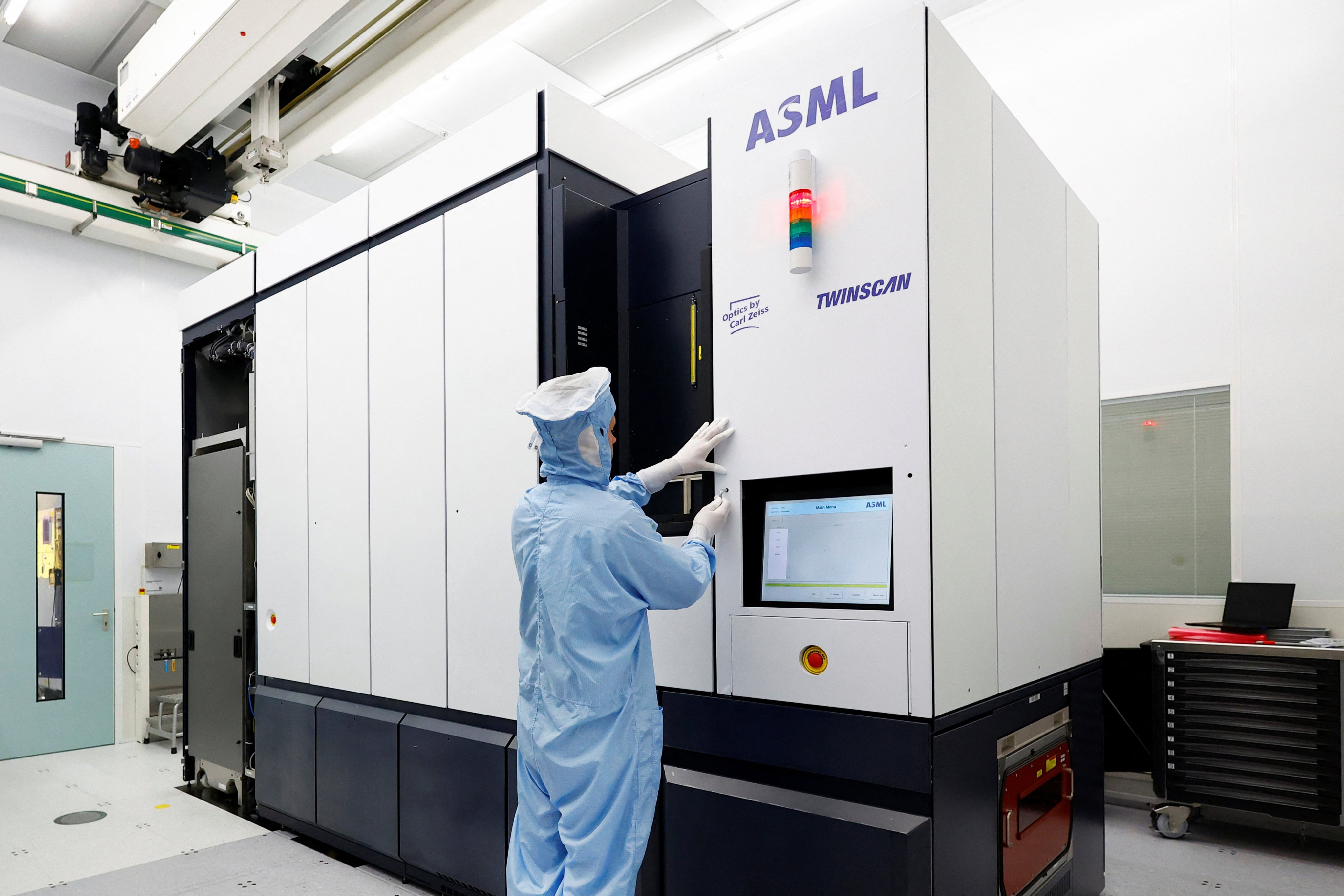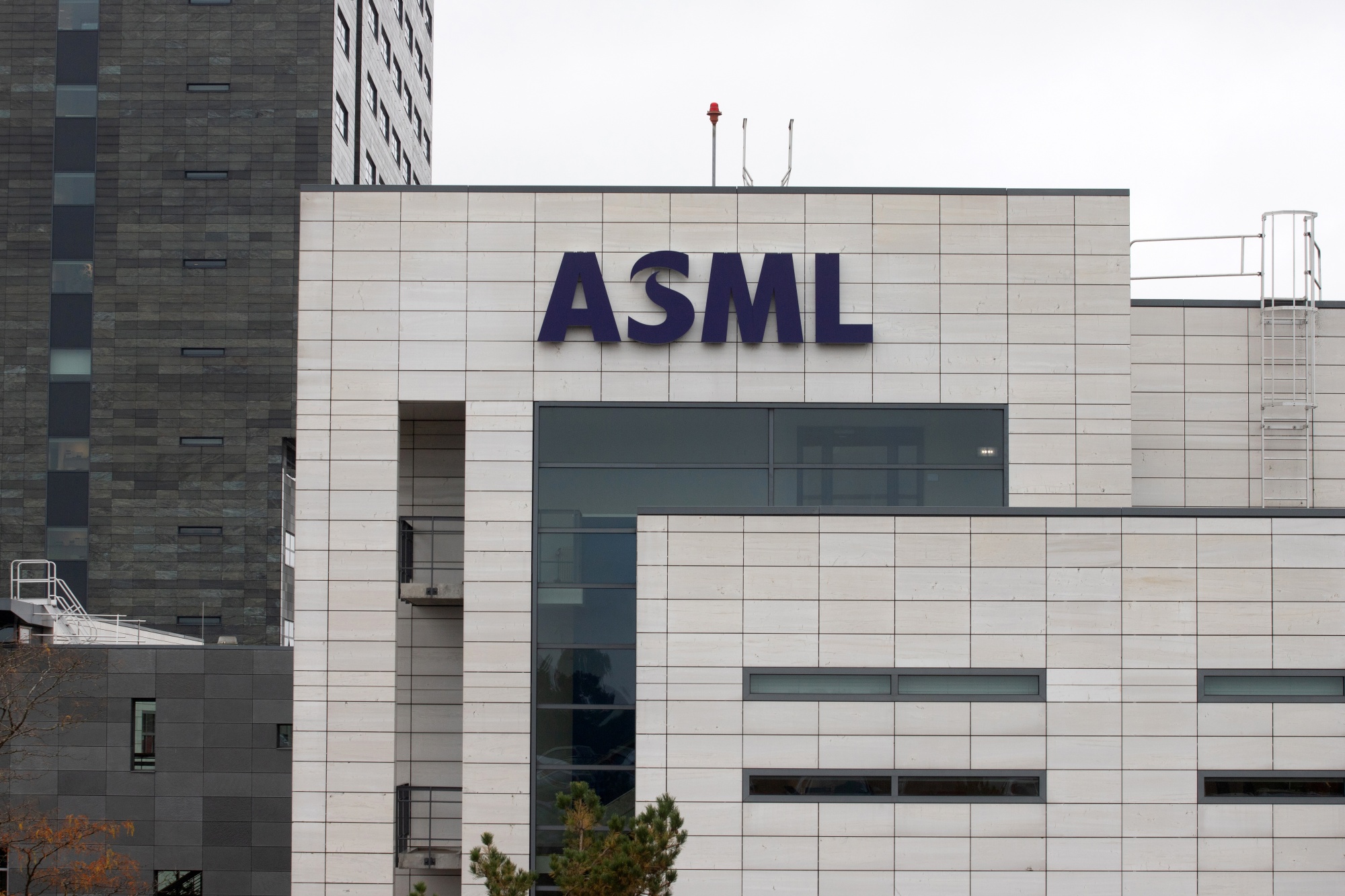ASML Navigates Geopolitical Challenges and Export Restrictions

ASML, the foremost equipment supplier to computer chip manufacturers, has underscored potential business risks arising from geopolitical tensions and an expanding U.S.-led initiative limiting exports to China in its recent annual report. The Dutch company has emphasized the increasing restrictions imposed by the United States, often with the approval of the Dutch government.
These measures include licensing requirements in the Netherlands for the majority of advanced product lines. Additionally, a unilateral move by the U.S. in October 2023 restricted exports of older equipment to unspecified Chinese plants. In response to these challenges, ASML acknowledged that the list of Chinese entities affected by export control restrictions has grown since 2022. The company emphasized the dynamic nature of the list of restricted customers and the evolving scope of the restrictions.
Anticipating the impact, ASML projected a 10% to 15% reduction in sales of its mid-range “DUV” product lines to China in the current year, following record levels in 2023.
ASML has been constrained from selling its most advanced EUV tool line in China since 2019, a result of a U.S.-led effort to impede Beijing’s technological and military progress. Notably, the Chinese government has countered this by subsidizing domestic chip manufacturing to achieve self-sufficiency, given its significant reliance on chip imports for both its market and manufacturing sectors.
In 2023, amidst an industry downturn, China surpassed South Korea to become second-largest market, accounting for 26.3% of sales, while Taiwan retained its position as the largest market with 29.3% of sales. ASML faces expanding competition beyond traditional rivals like Canon and Nikon in its core business.
Competitors now include non-lithography firms like Applied Materials and KLA Corp. ASML also highlighted the emergence of new competitors with substantial financial resources and those driven by ambitions of geopolitical self-sufficiency.
Shanghai Micro Electronics Equipment (SMEE) stands out as China’s prominent lithography machine manufacturer in this competitive landscape.
Read More Innovation – Tech Foom








